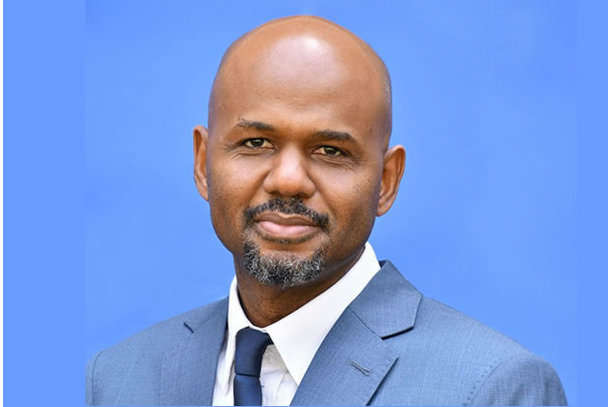Latest News
Shelter Afrique targets African diaspora for affordable housing delivery

News Highlight
Since 2000, five countries, namely Kenya, Nigeria, Ethiopia, Ghana, and Rwanda, with an estimated total diaspora population of four million individuals, or 12 percent of total African migrants, have issued diaspora bonds.
Shelter Afrique, a pan African housing development financier, says it is targeting the African Diaspora to enhance affordable housing delivery across the continent.
According to the Managing Director/CEO, Shelter Afrique, Thierno-Habib Hann, over 170 million people of African descent that live all over the world present a formidable resource pool for the continent’s infrastructure development, including housing. He said this while speaking at the 25th Annual Harvard Africa Business Conference 2023 - Africa Accelerated, where he shared insights on innovative solutions for addressing Africa's housing deficit.
“African diaspora populations are growing, as are their savings and the scale of resources available to reinvest in their countries of origin,” Mr. Hann said. “The World Bank estimates Africans in the diaspora save about $53bn per year and, in 2021, recorded remittances reached over $95.6bn sent to and within Africa.”
Top ten highest recipients of remittance inflows in Africa in 2021 include Nigeria ($19.2 billion), Ghana ($4.5 billion), Kenya ($3.7 billion), Senegal ($2.7 billion), Zimbabwe ($2.0 billion), Democratic Republic of Congo ($1.3 billion), Uganda ($1.1 billion), Mali ($1.1 billion), South Africa ($900 million), and Togo ($700 million), Shelter Afrique disclosure in a statement sent to Financial Nigeria.
Africa's top remittance recipients as a proportion of their economies are South Sudan, Lesotho, and Gambia with 35%, 21%, and 15% of GDP respectively coming from remittances, according to World Bank statistics.
“We are considering tapping into the diaspora to enhance affordable housing delivery by setting up diaspora bonds for affordable housing and infrastructure development, skills transfer, and leveraging on their networks and outreach,” Mr. Hann noted.
Since 2000, five countries, namely Kenya, Nigeria, Ethiopia, Ghana, and Rwanda, with an estimated total diaspora population of four million individuals, or 12 percent of total African migrants, have issued diaspora bonds.
Africa is considered the continent with one of the most rapidly growing urban populations, with over 60% of the urban population in sub-Saharan Africa (SSA) estimated to live in areas categorised as slums and informal settlements.
According to the UN, it is projected that the number of Africa’s urban residents will increase to 1.5 billion by 2050, and that Africa will pass the tipping point of 50% urban population around 2035.
Currently, Africa has a housing deficit which accounts for at least 56 million units.
“This housing deficit is a significant indicator of Africa’s growing infrastructure gap, which can be attributed to lack of sufficient capital to finance the delivery of affordable housing projects, lack of bankable projects, and inefficient risk allocation mechanisms. This is why it’s important to incorporate the diaspora into the affordable housing financing mix,” Mr. Hann said.
The African Development Bank estimates that Africa’s infrastructure needs amount to $130–170 billion a year, with a financing gap in the range of $68–$108 billion. To date, less than half of this amount is being mobilised, leaving a financing gap in the range $68–$108 billion, according to Shelter Afrique.
Shelter-Afrique is a pan African housing finance and development institution established by African governments to address the need for a sustainable housing delivery system and related infrastructure projects in Africa. Shareholders include 44 African countries, the African Development Bank, the African Re-Insurance Corporation, and Fonds de Solidarité Africain (FSA).
The company’s mandate is to provide financing through debt, quasi-equity, and equity to both public and private institutions for housing and urban infrastructure projects in its member countries.
Related News
Latest Blogs
- How Tinubu is ensuring equitable access to public services
- Nigeria’s economic reform faces new threats
- What Ould Tah’s tenure at BADEA reveals about his AfDB candidacy
- Implementation strategy crucial for the success of 12-4 education policy
- A senator’s suspension threatens the right of representation
Most Popular News
- Artificial intelligence can help to reduce youth unemployment in Africa – ...
- Tariffs stir inflation fears in US but offer targeted industry gains ...
- Nigeria records $6.83 billion balance of payments surplus in 2024
- Tinubu appoints new Board Chair, Group CEO for NNPC Limited
- Soaring civil unrest worries companies and insurers, says Allianz
- CBN net reserve hits $23.1 billion, the highest in three years









